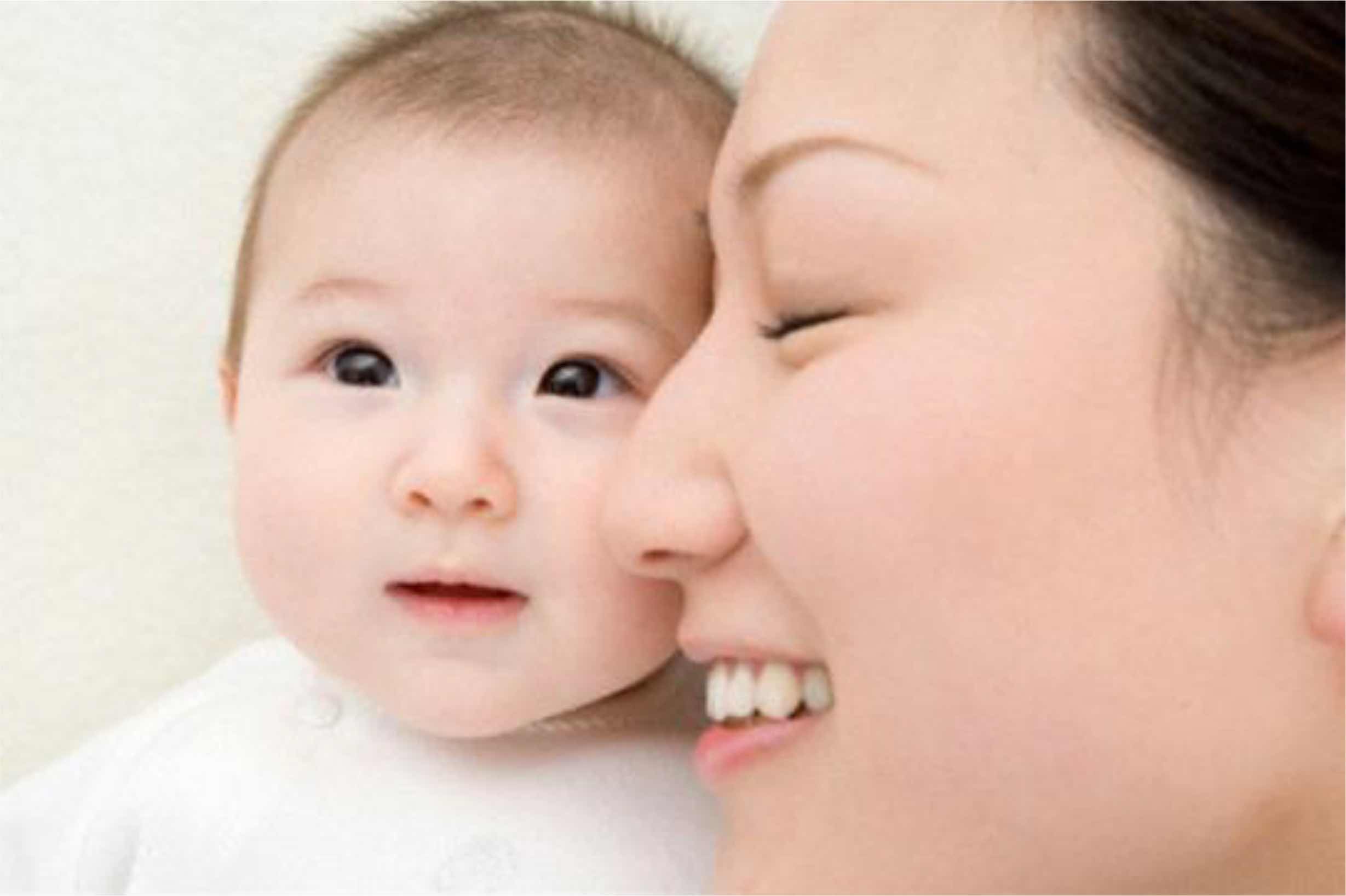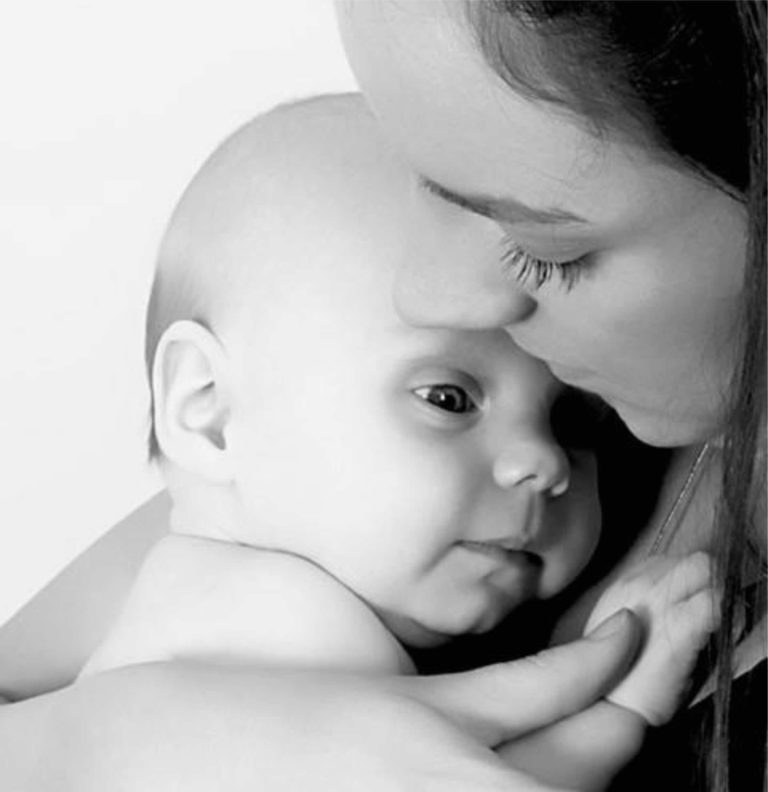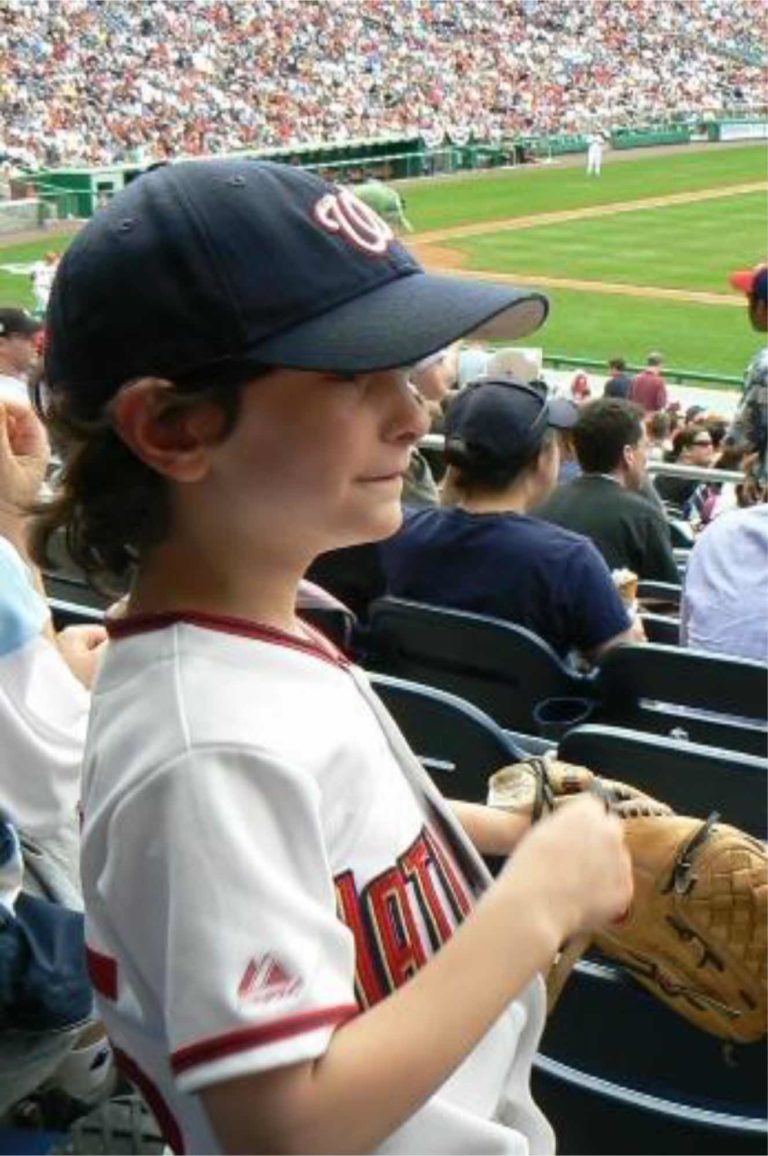In this brief communication I would like to share my experience of teaching Infant Observation in China.
Observing a mother with a young infant can develop the observer’s understanding of non-verbal modes of communication between child and parent. It is a privileged tool for understanding what is not being said: the language of the unconscious, offering an almost ideal setting to test the observer’s ability to understand what is in front of their eyes without the pressure to become an agent of psychic change.
Teaching infant observation in China meant encountering students, families and infants belonging to a different culture. We explored our differences in language, smells, rhythms and colors. It also meant I encountered ways of caring for infants that were so different from those in the west.
Embarking on this process caused me great anxiety, because although I am an experienced teacher of infant observation, I felt a bit lonely with a little tinge of what I feel encountering a new patient, when both of us know so little about each other.
In mainland China there are very extended families where grandparents move in with the family when there is a new born. They have tremendous authority over the upbringing of the infant, many times making decisions about the way babies should sleep, be fed, and dressed. There is a great respect for the elderly and these decisions are never contradicted.
Since there was no infant observation program in mainland China , I knew I had the privilege of introducing a new way of seeing the world of mothers and infants that could only be possible if they were embarking on this journey with me.
My students made a tremendous effort to move to an open minded non- authoritarian model, a mindset that was quite alien in their culture.



